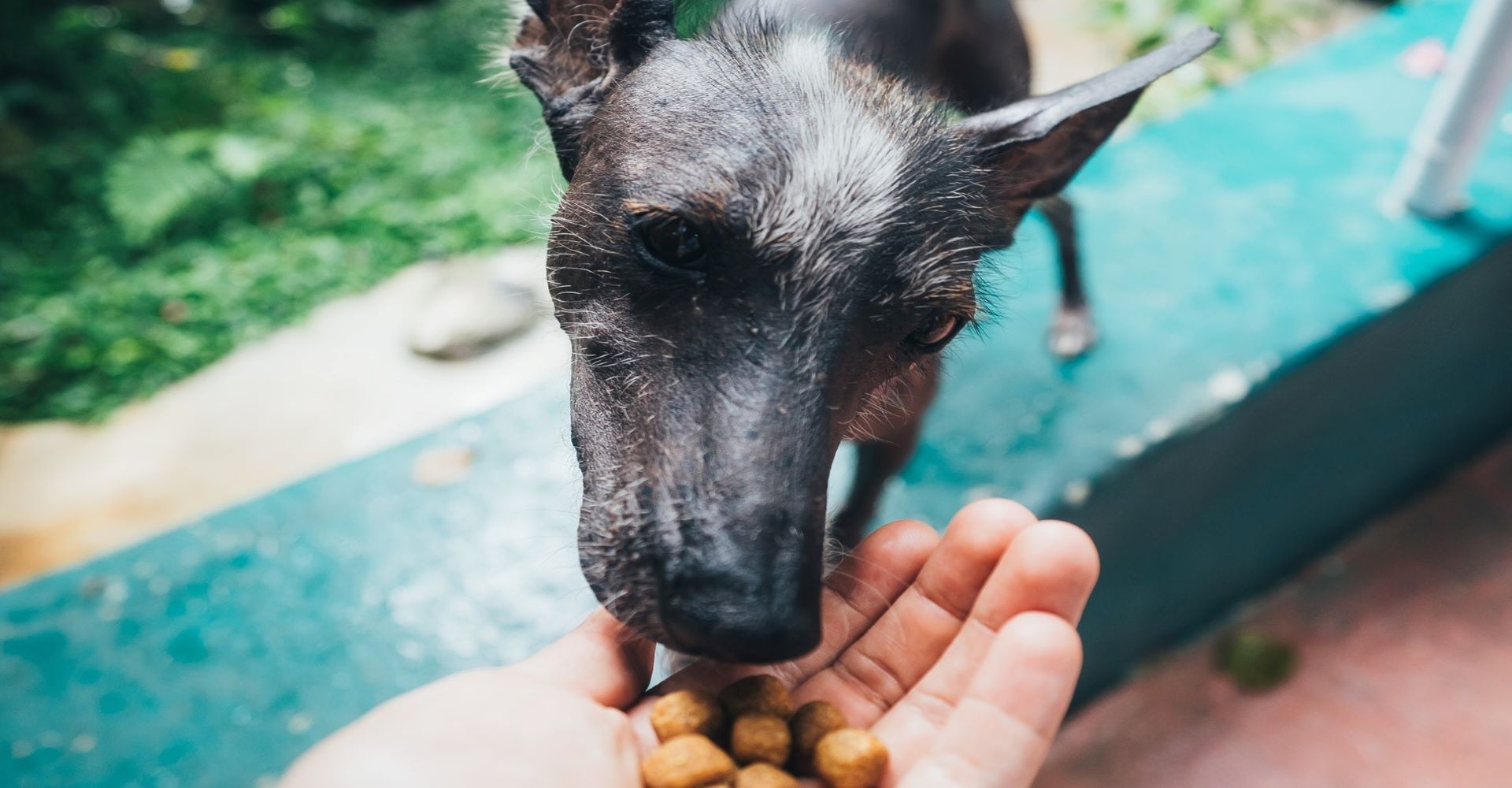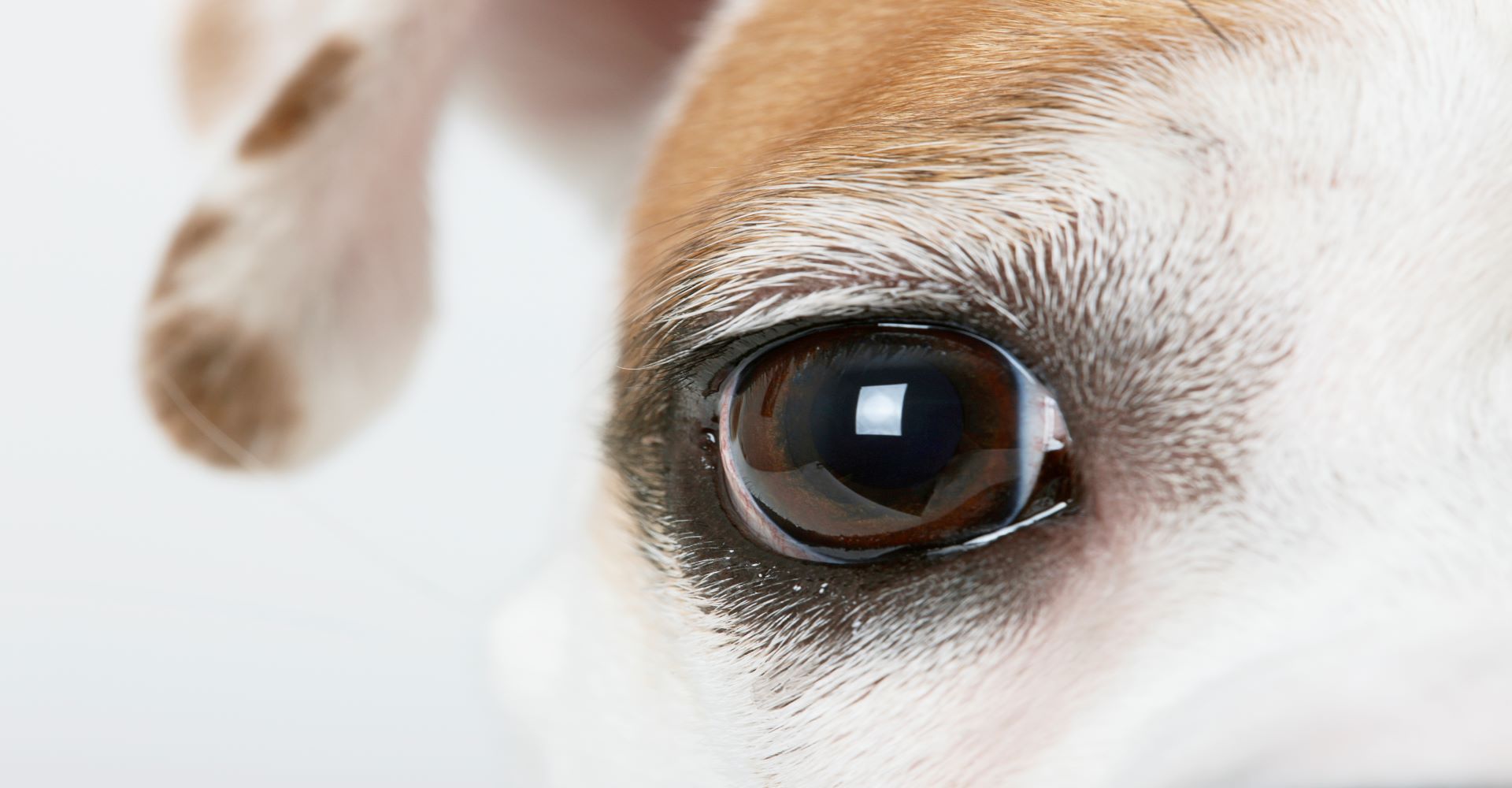The Window into the Body: Ophthalmology in General Practice
Improving eye care and updating equipment in your veterinary practice can mean earlier disease diagnosis and better patient care—right before your...
2 min read
Viticus Group : October 17, 2019 11:00:00 AM PDT

Getting more specific about the causes and symptoms of inappetence helps veterinary professionals improve patients' quality of life.
When many of your patients have eating problems, it becomes apparent that pet owners’ perception of their pets’ quality of life has a lot to do with eating. A client may tolerate vomiting, but their pet’s loss of appetite is particularly upsetting to them. There’s an emotional connection between owners and their animal’s eating habits.
As a veterinary oncologist, the usual patients that Dr. Craig Clifford sees have multiple health problems, are older if not geriatric, and, on top of all that, have cancer. Many of them also have some kind of appetite problem, and Dr. Clifford deals with the inappetence issue almost daily.
In this Quick Cup of Knowledge, Dr. Clifford gives us the details on the different forms and common causes of inappetence as well as possible treatments.
What is inappetence?
The term “inappetence” is a term relatively recent in veterinary medicine used to describe a loss of appetite in patients. Like many conditions, Dr. Clifford says, there are grading schemes veterinarians use to compare and describe a case more accurately.
When talking about inappetence, it’s important to understand the varying levels of appetite loss. Thinking of it as only one condition with one treatment instead of a spectrum could lead to a misunderstanding of a patient’s problem.
Inappetence includes dysrexia, changes in appetite or having to coax the animals into eating; hyporexia, decreased appetite or not eating enough; and true anorexia, a complete lack of appetite or not eating at all. Within those categories, you can further grade the patient’s condition based on the number of days gone without eating.
Inappetence and Chemotherapy
A misconception Dr. Clifford addresses almost every day in speaking with clients is the idea of chemotherapy and its side effects. While the dose given to animals is nowhere near the intensity of what is given to human cancer patients, the chance of side effects is still 10%–20%. One side effect could affect the GI tract, which manifests as nausea, diarrhea, vomiting, or inappetence.
So, not only could oncology patients come in with inappetence of some kind already, but the treatment gives could also cause inappetence. Early intervention becomes crucial in veterinary oncology because if the treatment is affecting an animal’s appetite, the owner could decide to stop treatment for that reason.
How long do you treat for inappetence and how do you know?
For many practitioners, this is the million-dollar question. How do you determine the length of treatment for inappetence? Dr. Clifford says it depends on the disease and the treatment you’re using.
For example, if you’ll be using Doxorubicin to treat your cancer patient, you know that it usually causes GI-related side effects three to four days later. You always know that those side effects will most likely be gone after about seven days. In this case, you’d send home an appetite stimulant for seven days.
In cases where the treatment is over and they still have symptoms of inappetence, you can use appetite stimulants chronically as well. Drugs like ENTYCE don’t appear to have any cumulative effect or any long-term toxicity.
What is up-and-coming in oncology?
Things to look out for in oncology, according to Dr. Clifford, is a new chemotherapy drug—Tanovea. Tanovea is the first and only conditionally approved chemotherapy drug we can use. More trials are underway, and soon it will have full approval. It’s for the treatment of lymphoma and has a 75% response rate as a single agent, which is pretty exciting!
Stay in the Know!
If you’re hungry for more knowledge about oncology, see the Advanced Surgical Oncology course taking place in Las Vegas this December.
If you’re looking to further the oncology skills you already have, WVC’s Advanced Surgical Oncology Course is worth checking out!
Click the link to subscribe to our YouTube channel or check out our WVC Resource Library full of great podcasts, videos, and digital downloads!
Disclaimer
Content may contain advertising and sponsorships. Advertisers and sponsors are responsible for ensuring that material submitted for inclusion is accurate and complies with applicable laws. We are not responsible for the illegality or any error, inaccuracy or problem in the advertiser’s or sponsor’s materials.
Advertising and sponsorship material and/or opinions are not are not a reflection on Viticus Group.

Improving eye care and updating equipment in your veterinary practice can mean earlier disease diagnosis and better patient care—right before your...

Staying on top of everything going on in the industry can be tough, so we'll help by filling you in on some hot topics—the One Health Initiative,...

Attending both labs and lectures is essential in stepping up the orthopedic care at your practice.